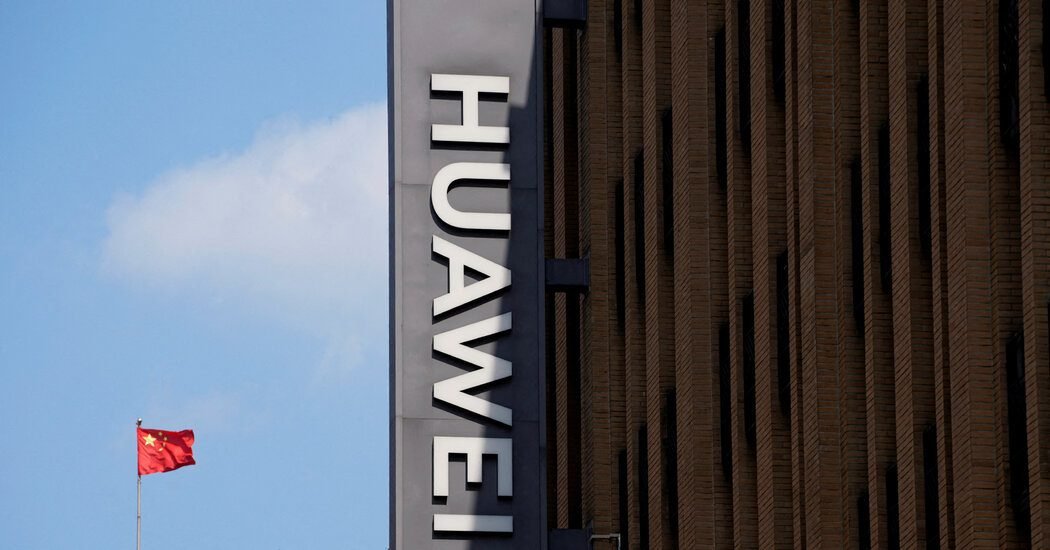The semiconductor industry has lobbied two presidential administrations to go easy with restrictions on selling cutting-edge computer chips to China. Jensen Huang, the chief executive of Nvidia, the world’s leading artificial intelligence chip maker, even traveled to Mar-a-Lago this month to discuss policy with President Trump.
But with the Trump administration putting new curbs on A.I. chip sales this week, it is clear that the industry’s pushback has failed. The fallout has set off a scramble among chipmakers to reset expectations for a future with less sales to China and prompted fears that their retreat could turn the Chinese tech giant Huawei into a global chip-making powerhouse.
The Trump administration said on Tuesday it was taking measures to restrict the sale of A.I. chips by Nvidia, Advanced Micro Devices and Intel. The crackdown essentially closed the door on a fast-growing business in China, which buys more chips than any other country in the world.
In the two days after the limits became public, shares of Nvidia, the world’s leading A.I. chipmaker, fell 8.4 percent. AMD’s shares dropped 7.4 percent, and Intel’s was down 6.8 percent.
“For the U.S. semiconductor industry, China is gone,” said Handel Jones, a semiconductor consultant at International Business Strategies, which advises electronics companies. He projects that Chinese companies will have a majority share of chips in every major category in China by 2030.
The U.S. companies’ challenges are a reflection of how U.S.-China tensions are reordering the global economy. For years, U.S. companies created and designed many of the world’s best-selling products, while relying on China to produce most of them and buy many of them.










